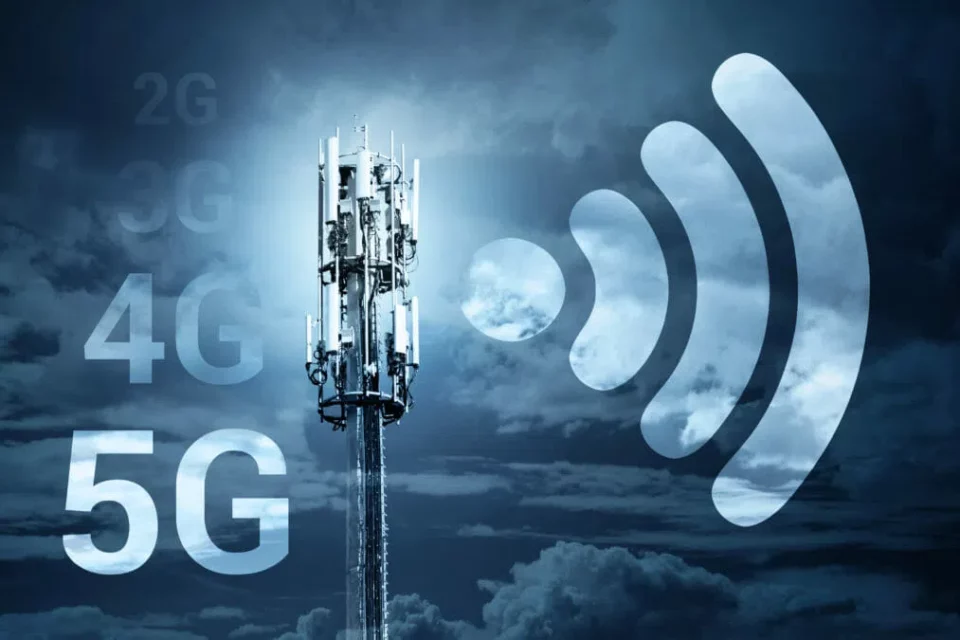A study conducted by a multinational networking and telecommunications company, Ericsson (NASDAQ: ERIC) has suggested that there existed great economic potential, consumer and environmental benefits of 5G connectivity in 15 national emerging markets including Pakistan.
“With regulatory and government support, all fifteen countries could benefit from GDP growth between 0.3 and 0.46 percent through 2035, with an estimated three-to-seven-fold cost-to-benefit ratio,” the company said in a news release here on Friday.
Titled the “Future Value of Mobile in Emerging Markets,” the report examined the impact of multiple 5G spectrum deployment options to facilitate enhanced mobile broadband and fixed wireless access (FWA) across consumer, industry, logistics, rural and public services clusters, and spanning several business case options, including verticals.
The detailed methodology included using national government statistics and reports based on population density distribution and existing national infrastructure such as road and rail networks, and agriculture to create a cost-to-benefit model across the different deployment options.
“Deployment options are based on the starting assumption of having 5G baseline rollout added to existing mobile radio network sites,” the report added.
Additional options explored the extra benefits of adding Low-Band 5G spectrum coverage beyond the baseline (delivering wider geographical coverage at the lower end of 5G capabilities and suited to agriculture or logistics deployments) or Mid-Band 5G spectrum coverage.
Read This
Ericsson embraces 5G edge opportunity with new Local Packet Gateway
realme emerges fastest growing 5G smartphone brand globally
The study said expanded Mid-Band 5G coverage was identified as the key success factor – with the potential to deliver about 80 percent of the economic benefits. “Benefits from the Smart Industry and Smart Rural clusters account for 85-90 percent of the total economic benefits in each emerging market.”
It observed that agriculture was significant sector in all 15 countries, including Bangladesh, Brazil, Chile, Colombia, Egypt, India, Indonesia, Malaysia, Mexico, Morocco, Nigeria, Pakistan, South Africa, Thailand and Turkey, accounting for up to 10 percent of GDP in some markets.

The report estimated that enhanced rural 5G coverage could deliver up to 1.8 percent uplift in long-term GDP from agriculture. “The 5G will also promote sustainable farming methods, increase efficiency and reduce agricultural waste.”
It said baseline 5G deployment cost was estimated between USD 3-8 billion per country. An additional 20-35 percent investment is required to extend coverage.
Andrew Lloyd, Head of Government and Policy Advocacy, Ericsson said the report provided “a detailed breakdown, based on comprehensive research into realistic and achievable scenarios in each of the 15 countries, of the potential economic, social, environmental and national benefits of 5G in these markets. With the backing of governments, regulators and policy makers, each of these 15 countries, and their citizens, stand to benefit significantly from 5G connectivity.”
In addition to economic benefits, he said the 5G could also reduce climate impact, increase social inclusion, well-being and tackle the digital divide in areas where fixed infrastructure availability is poor.


